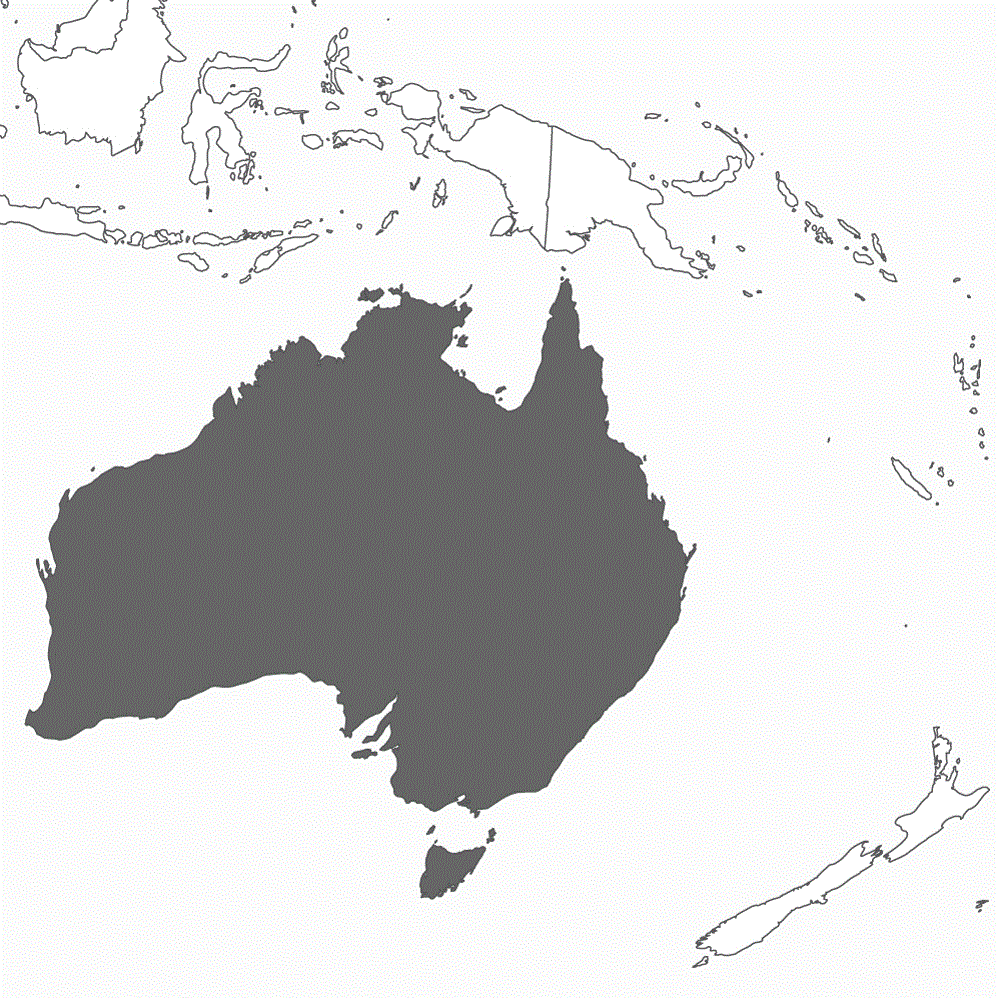The Consequences of a War against China
Borrell calls for navy patrols in Taiwan Strait, Baerbock avoids saying “No” to war against China. Experts in Australia predict most severe consequences of a war for their own population.
BERLIN/CANBERRA/BEIJING (Own report) – The EU Foreign Affairs Commissioner, Josep Borrell, calls on European navies to patrol the Taiwan Strait, thus challenging once again China’s red lines. The Taiwan Strait is an “absolutely crucial area,” where “ freedom of navigation” must be guaranteed, Borrell alleged in an op-ed article over the weekend. When Foreign Minister Annalena Baerbock was asked, whether she meant to announce a possible “German participation in a war against China” with her aggressive comments on Taiwan, she gave an evasive answer avoiding a “No.” In the meantime, the risk of war in East Asia has reached such a level that the public radio ABC in Australia – where the German Bundeswehr is regularly engaged in war exercises – has begun to openly discuss the concrete consequences of a war for the Australian population. Speaking to ABC radio, the military experts agreed that the West could not win such a war, but Australia would have to suffer tremendous losses, be plunged into poverty and even risk nuclear annihilation. They urgently call for preventing a war against China. Read more
German Army at the Pacific
Ground forces of the German Bundeswehr will participate in a combat exercise in Australia this summer, in a follow-up to its naval and airborne exercises in the Asia-Pacific region.
CANBERRA/BERLIN (Own report) – The German Bundeswehr is preparing to dispatch ground forces to a major exercise in the Asia-Pacific region. The Bundeswehr announced that “alongside troops from the sea battalion and the air force” an infantry company from the army will also be dispatched this summer, for the first time, to Australia to participate in the Talisman Sabre 2023 combat exercises. The Talisman Sabre maneuvers are being held every two years and are reputed to be Australia and the United States’ largest joint training operations. Participants include Japan and South Korea and, according to reports, also France, whose colony New Caledonia is not far away from the exercise region, which covers areas of Australia’s state of Queensland and the Coral Sea. Over the past two years, Bundeswehr units have been dispatched to combat exercises in the Asia-Pacific region: From August 2021 to February 2022 the frigate Bayern, in the summer of 2022 an air force squadron. Both will be continued next year. The Asia-Pacific exercises are being conducted alongside new NATO operations in the region – and are intensifying the escalation of the power struggle against China. Read more
The Bundeswehr's Next Area of Operation
The German Government plans to increase military operations in the "Indo-Pacific" in the strategic competition with China.
BERLIN/CANBERRA (Own report) - The German government plans to send a frigate for patrol in the Indian Ocean and to deploy German naval officers on Australian warships, announced German Defense Minister Annegret Kramp-Karrenbauer on the occasion of her talks with her Australian counterpart. A training expedition of the frigate "Hamburg" to the Indian Ocean was originally planned for this year but had to be cancelled due to the pandemic. According to Kramp-Karrenbauer, the Indo-Pacific has become an arena of "global challenges" and "Germany needs to mark its position in the region." At the same time, Kramp-Karrenbauer is quoted saying that Germany wants to maintain business with China, which is currently helping the German industry through the Corona crisis. According to an article in the foreign policy magazine "Internationale Politik," Germany should rearm Taiwan's armed forces and conduct joint military exercises with them. This would amount to a profound breach in relations with Beijing. Read more
BRUSSELS/BERLIN/CANBERRA (Own report) - NATO continues to intensify its cooperation with Australia. This is the result of NATO Secretary General Jens Stoltenberg's talks in the Australian capital in the middle of last week. According to Stoltenberg, the cooperation is aimed particularly at taking a stance in the growing rivalry between the major powers - against Russia, but above all, against China. For several years, Germany has been accompanying NATO's cooperation with Canberra, by enhancing its own bilateral military cooperation, explicitly considering Australia to be a "strategic springboard into the Asian-Pacific region." Currently tensions are threatening to escalate, because Washington would like to deploy intermediate-range missiles in Australia, which could directly hit Chinese territory. Strategists are increasingly pushing NATO to intensify its activities in the Asian-Pacific. These could even develop into the warfare alliance's key task, according to the president of the Federal College for Security Studies in Berlin. Read more
GERMAN-FOREIGN-POLICY.com
Information on German Foreign Policy: News + Interviews + Analyses + Background
